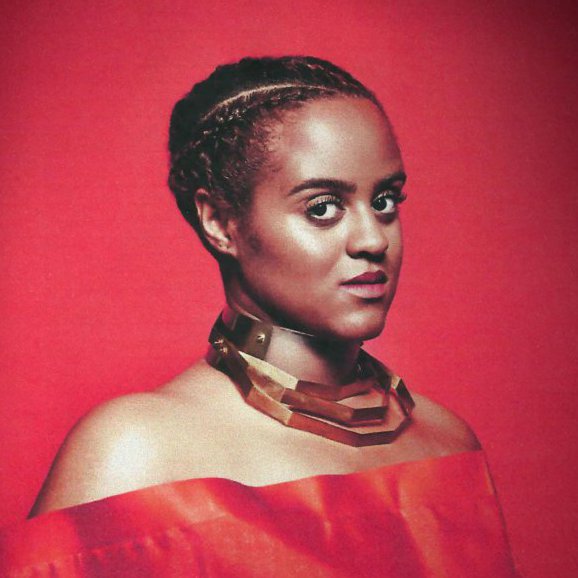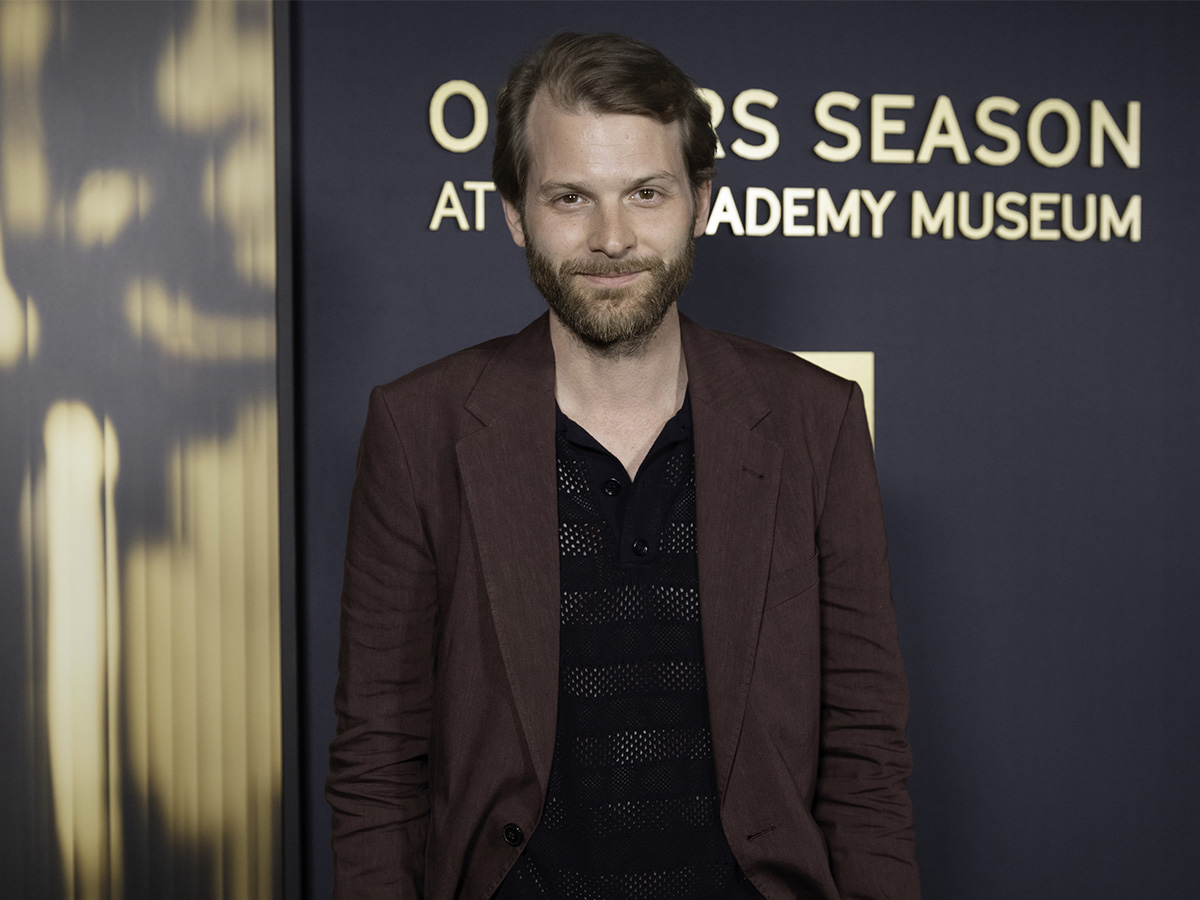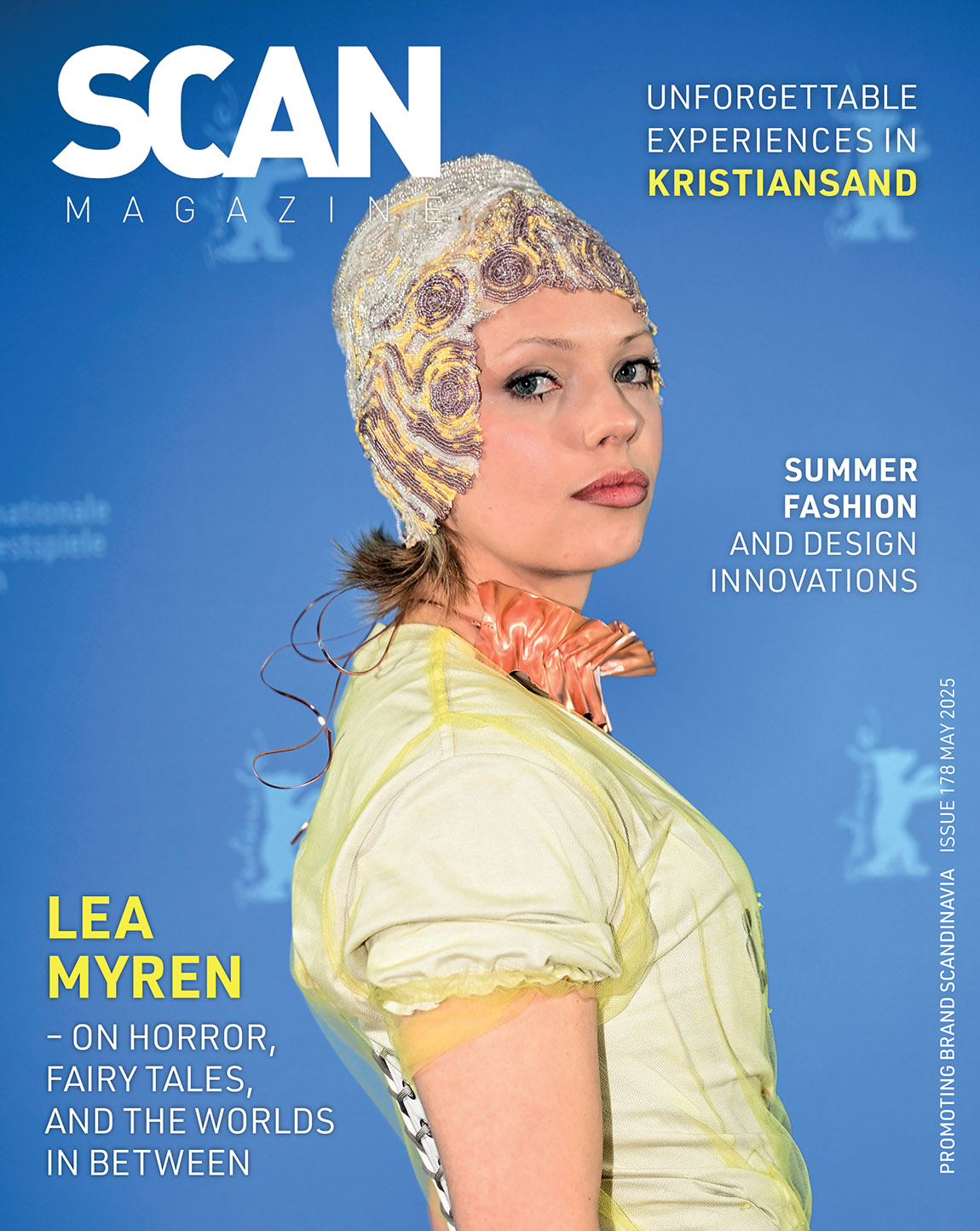Seinabo Sey: Serious soul-searching

With a voice powerful enough to win a Swedish Grammy for Best Newcomer in 2014 off the back of two critically acclaimed EPs, it is no surprise that Seinabo Sey has been compared to the great Aretha Franklin. But the lecturing lyrics on her debut album Pretend paint a picture of a humble artist who takes nothing for granted. Scan Magazine spoke to Seinabo Sey about cultural identity, the creative process and beingtoo hard on yourself.
“I used to write like a rapper, like three verses in one,” 25-year-old Sey laughs. “It was just about getting it all out. But then I met Mange and I started to look at music differently and understand pop music better.” Sey met producer Magnus Lidehäll, who previously worked with acts including Mapei, after moving to Stockholm to study music at age 15. After sending Lidehäll a demo, their mutual love of hip-hop and reluctance to label music with predefined genres led to a strong, fruitful connection.
Sey’s debut album, Pretend, is as much of a genre-defying creation as the pair might have hoped, sparking associations with everything from Erykah Badu’s Worldwide Underground to Alicia Keys’ Songs In A Minor, referencing old-school hip-hop, neosoul and gospel. Surprisingly, even the lyrics stand out from the mainstream pop crowd, far less banal than those of your average chart-topper, offering insight into somebody who has been through some serious soul-searching.
Fitting in
It is not just her voice that has been dubbed mature, and it would be easy to assume that Sey’s wisdom is the result of having had to grow up at a young age, in part due to losing her father in 2013. “To be honest, I haven’t really digested all that properly yet,” she reflects. “But I write about what’s happened to me, and I’m quite aware of how things affect me, like moving at such a young age, which certainly wasn’t easy.”
Sey was born in Stockholm to a Swedish mother and Gambian father, but in aid of her father Maudo’s music career the family moved to Gambia when Sey was only four years old. Forced to get used to a wildly different and much stricter culture, she quickly became good at observing people and reading social situations in order to fit in, internalising the Gambian culture of constantly being told what to do.
This inner journey appears to have had far more influence on her lyrics than the impact her time in Gambia, and listening to the Sufi singing of Senegalese hymns, has had on her music. Not only does she admit to having a well-developed empathetic ability, but many of the tracks are half pep talk, half lectures. Is she too hard on herself? “Definitely, I’m way too hard on myself! It’s got something to do with growing up in a very strict culture,” she says and pauses. “But to be honest, it’s not just that – I’ve also grown up in a society where, because of who I am, I’ve
had to work that bit harder than everybody else to get where I am, to prove myself.”
To anyone who listened when Sey went on air as part of Swedish radio P1’s celebrated Sommar series, this sentiment will sound familiar. In a brave and frank 88-minute show, the singer spoke about what happens to a person’s self-image when they are never represented in media or society, in Sey’s case being constantly surrounded by models and presenters and news anchors who were all white.
Half-sarcastic but brutally honest, Sey assured a younger version of herself that it is not alright for people to feel your hair or use the n-word, recalling watching MTV at the time when Alicia Keys broke through and desperately holding onto the fact that she too was black. “I have never felt beautiful in Sweden,” says Sey, admitting to wishing she could have back the endless hours spent dissecting her own body in despair. With some perspective, the idea of Sey being hard on herself suddenly appears ridiculous.
Redemption
Of course, there is some sense of redemption, with the singer’s face now adorning a new series of Swedish stamps and indeed the recognition of being asked to host said legendary radio show, getting the opportunity to tell the girls who used to bully her that all is forgiven. Perhaps the turning point was the move from Halmstad, where the family lived after four years in Gambia, to Stockholm for music school. Or maybe it was meeting Lidehäll and going on a journey that went far deeper than the purely musical. “I can’t speak for him,” she says, “but I think he was in a weird place too when we met, and that making the record helped him. It most certainly helped me: I was making music when I wasn’t very impressed with myself, and he changed that in me.”
Sey does not believe in the idea of the tortured artist as such, but admits that a not-so-happy time is often followed by a creative, almost cathartic wave. “When you’re at your worst, you can’t create. But just as you pick yourself up, while the memory of the pain is still fresh, you can create something beautiful,” she says. “I know my lyrics can be quite serious, but I try to always add a positive twist so that it doesn’t get depressing.”
From the opening track, Younger, slowly building through a marching band beat into a full-on dance tune, to the
hip-hop-influenced title track, Pretend, and the club perfect Words, the album is more likely to start a dance-off than cause depression. But there is a lot to be said for the singer at her rawest, the positive twists discarded. During the final four tracks of the album, a sense of calm sets in, from the simple soul ballad Still through the vocoder vocals of You and anthemic chorus on Ruin to the emotional modern gospel of Burial, complete with gospel choir and key change. There is endless room for goosebumps and a growing sense of wanting to hang out with Sey all day every day.
A happy plan
It has been ten years since Sey made her mind up and headed for Stockholm, and since then she has acted sidekick for rapper Afasi, released two EPs named after her parents, worked with Swedish stars including Salem Al Fakir and Oskar Linnros, and won three prestigious awards: a Swedish Music Publishers Prize for Breakthrough of the Year, a Grammy Award for Best Newcomer, and a Kingsize Award for Soul/R&B Artist of the Year, all for her achievements during 2014.
Her highly anticipated debut album is, as of last month, finally out, and the lyrics on the title track, Pretend, reveal a mindful attitude to happiness. “Someone just told me to leave all my sorrow / If that is true, I don’t know who to be / Could be these troubles are part of the plan / Could be we need the bad just to take a chance.” And on that note, there is a plan indeed. “I want to make loads of music that reaches loads of people, perform on the biggest TV shows and on the biggest stages, meet as many people as possible and visit as many countries as possible,” she says and almost interrupts herself: “And be happy! I want to be happy, or else I don’t care about any of it.”
If you ask, she will reveal that said happy Seinabo Sey will someday be found in her beloved Gambia. As she put it during Sommar, describing a 70-year-old self dressed in white: “I will have fat speakers, blasting out dancehall across the sea.”
Seinabo Sey’s debut album, Pretend, is out now on Virgin Records.
For more information visit www.seinabosey.com or find her on Facebook or Instagram.
TEXT BY LINNEA DUNNE | MAIN PHOTO: PATRICIA REYES
Subscribe to Our Newsletter
Receive our monthly newsletter by email





